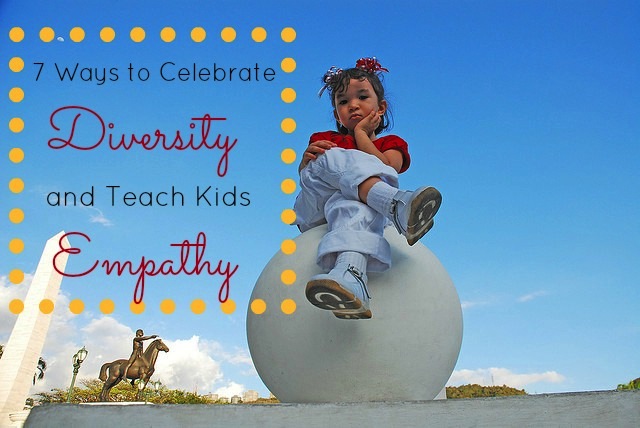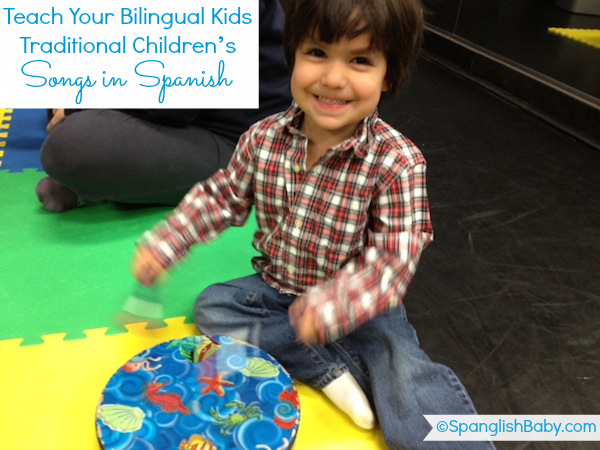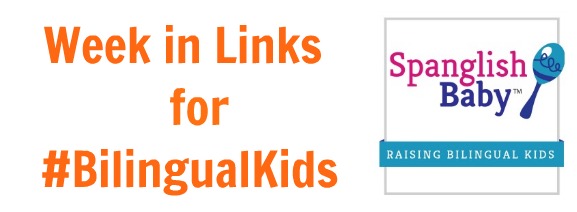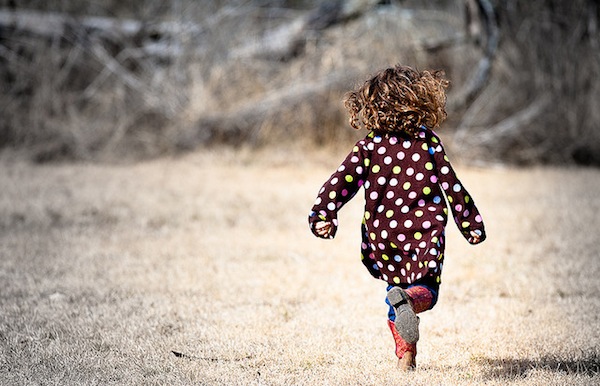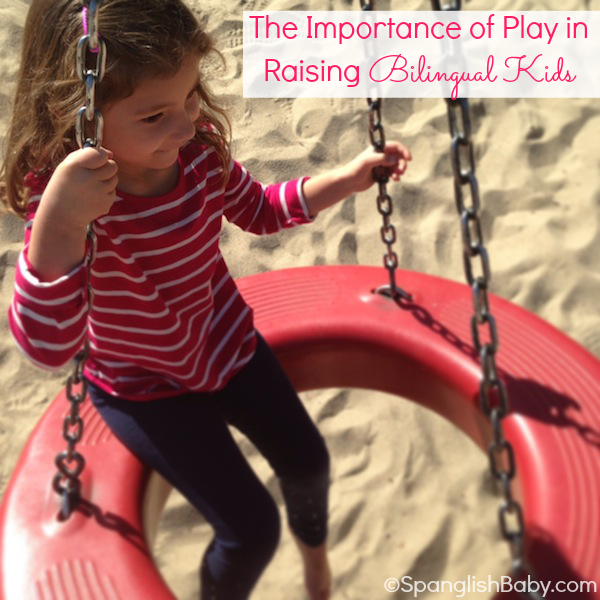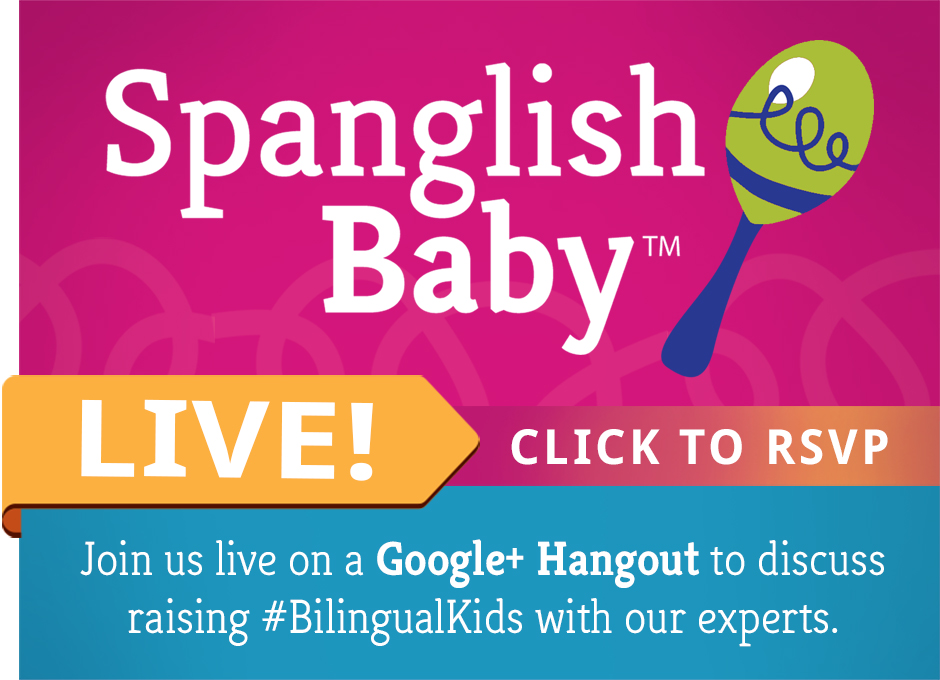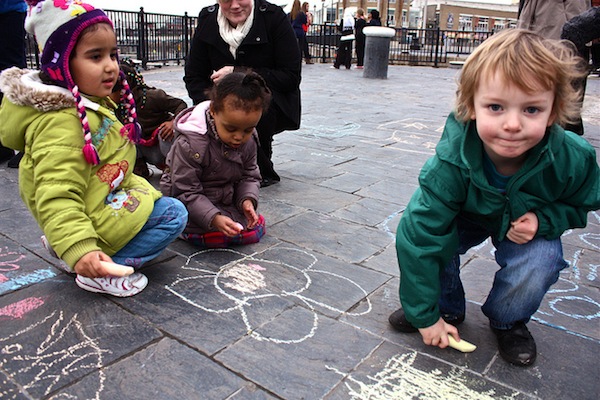Not only is my daughter an only child, she’s also a mom blogger’s only child. You could correctly assume she’s a bit — okay, a lot! — spoiled. It’s just the nature of our life. She gets mom’s and dad’s undivided attention when we’re together, and there’s nothing we want to change about that. As a mom blogger’s daughter who lives in L.A., she’s gone to Disneyland and Disney World as a VIP more times than she should have atRead More ...
Celebrating Diversity and Teaching Kids Empathy
Teach Your Bilingual Kids Traditional Children’s Songs in Spanish
My son Santiago suffers from second child syndrome. Have you ever heard of that? It refers to how most second children don’t get the same kind of attention first children get. It’s not like I’m neglecting Santiago or anything like that, I just haven’t done the same sort of things I did with Vanessa at his age. For starters, I’ve been working full-time since right before he turned one, which means I haven’t had nearly as much free timeRead More ...
Week in Links for #BilingualKids — March 1
Do Bilingual Children Know Fewer Words Than Monolinguals? from InCultureParent — If you’re raising bilingual children, you’ve probably heard this question a lot. Here’s some great info to dispel this myth. Why Are They Talking so Fast? by François Grosjean from Psychology Today — I have been told I’m guilty of doing this countless times by non-native Spanish speakers. In another excellent post, Prof. Grosjean explains why it feels like people talk faster in a language we don’t master well. Childhood concerns about her biculturalRead More ...
Developing My Emerging Bilingual Daughter’s Sense of Language
Since we have moved our daughter from a Spanish immersion daycare to one where English is spoken 100% of the time, we have noticed a few interesting things happening. We have noticed that she will try using English phrases, like “get a diaper, please” in response to our Spanish request, “Agarra un pañal, por favor.” In fact, she frequently uses the following phrase, “No, mami es… I’m sorry” in response to my “lo siento.” This kind of dialogue extends toRead More ...
The Importance of Play in Raising #BilingualKids
The benefits of teaching children two or more languages are immense and really the best gift you can give them. Research has proven that bilingual kids are better multi taskers, they can concentrate and focus better, and they have enhanced literacy skills. Not only is bilingualism beneficial to the brain, but it also opens kids up to wider cultural perspectives and understandings. That said, parents must be motivated and willing to put in the effort and consistency necessary to successfullyRead More ...
Join Us for our Hangout #2: The Bilingual Rebellion Stage
In our first ever SpanglishBaby LIVE Google+ Hangout we discussed dual language immersion programs and it was a success. Now we’re ready for our second one! We hope you can join us tomorrow as we discuss another very popular topic for parents raising bilingual kids. For those of you who’ve never joined a Google+ Hangout, you should know that it’s just like hanging out with a bunch of friends, except that you’re not all in the same room. WHAT: In our secondRead More ...
Week in Links for #BilingualKids — Feb. 22
Bilingual Children Better at Math, Reading — In case you needed more proof that bilingual is better, a new study has found that bilingual kids “develop better working memory that holds and processes large chunks of information faster than monolinguals.” “I Want to Be Bilingual” Letter from a Newborn Baby from Bilingual Monkeys — I love this letter written from the point of view of a baby talking to his parents. If your baby could talk, this is what she wouldRead More ...
The Unexpected Benefits of Bilingualism
In Costa Rica, I was always known as gringa or macha (Costa Rican speak for blonde), and my very American-sounding name was mangled every which way when I was growing up. Then I moved to the U.S., and my name was suddenly easily pronounceable, and blending in was much, much easier. I loved it. I don’t like drawing attention to myself — I can be shy, I’m not a natural-born storyteller at all, and although as an interpreter I oftenRead More ...

